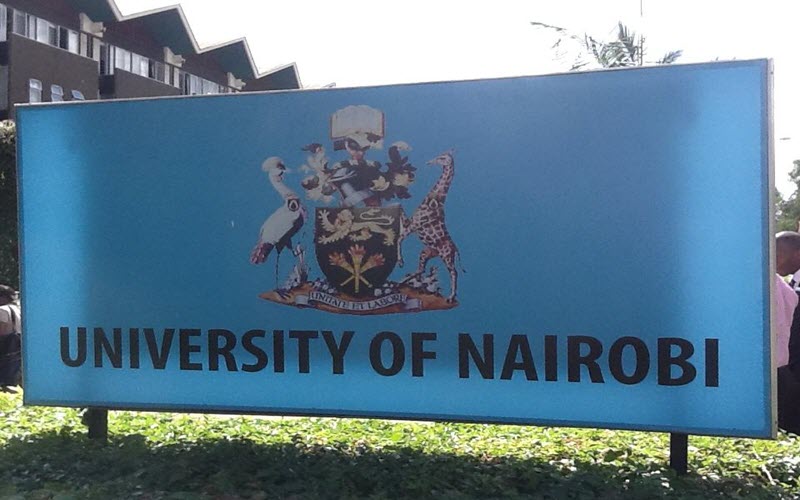Why it’s hard to agree about time, space in the village

I recently had the pleasant occasion to bewilder an old fellow together with three middle-aged men I found at a garage in a village market.
The middle-aged men had been engaging the older man on whether the earth is flat or round.
The old man had ruffled the gathering by arguing the earth can’t be round when it is so full of mountains and valleys, and when it is so wide.
So intense had the argument been that the old man felt so relieved I showed up.
We agreed on a few things, such as that the earth is wide, full of valleys and mountains, and also, to the surprise of the old man, that it is round.
Next was a question out of the blue sky that hit me like a thunderbolt. “Now that we agree the earth is round, where is heaven?” asked one of the middle-aged fellows who appeared split between the flat and round debate.
Almost bewildered myself, I took a moment trying to figure out how to answer the difficult question.
Talking about the shape of earth and the direction of heaven is as difficult as trying to explain to someone how a witchdoctor can be a “witch” and a “doctor” at the same time.
The international space station and space probes of that form have let us know that the earth is spherical, suspended in space, rotates and spins on its orbit around the sun in our solar system, and quite charming from a distance.
There is just so much about the “behavior” of earth in space to allow the imagination that heaven stays in the same direction.
When I realised there had been silence around me the whole while, I decided not to bother with other planets, stars, space stations, milky way, galaxies and blackholes. Still, I wonder if the debate was settled.
Talking about earth and its behavior in space brings to mind the complexes surrounding time and space and how we perceive or measure them.
From Einstein’s relativity theory, time is pliable and dependent on who is observing it.
The distance from earth to the moon might be long or short depending on who is regarding the distance.
Similarly, one hour might be a long or short duration depending on who looks at the period or the activity to be fitted within the period.
A case in point can be found in a little missing time detail in many African languages.
Few African languages have words for hour, minute or second; meaning users do not split duration into those tiny segments.
It is because of this missing detail that Africans have been known to show up late.
The same relativity can be said about colour or shapes such as circles, rectangles and the like.
It is amazing that Einstein was only 26 in 1905 when he introduced a paradigm shift in physics of this magnitude.
Though I am no physicist, I am particularly fascinated about how varied our opinions can be about something we can all observe, such as time and space.
There is a story about a pastoral community in Kenya to which distance is relative to the extreme.
If you met one of them and asked what distance you still had left to your destination, they would say “you are almost there”.
This, when you would still have to walk 50km more! Within this community at least, we experience something called “length contraction”.
To them, a “short distance” is measured against the perception of “time” they themselves take to cover it; not according to the actual measure of the distance against some absolute measure of time.
I believe ideas about plot sizes are similarly not the same between Kiambu and Turkana.
Time and space are at the core of diversity and conflicts the world over. When time and space are constant, there is nothing to disagree about.
But when they are relative, as they always have been since 1905 when Einstein said so, then we have a problem.
When time is variable, observers can disagree on the rate time flows. Likewise, when space is variable, we are justified to disagree on distances. The order of events and spaces between them are not absolute.
—The writer is a senior lecturer, department of Linguistics and Literature, Jaramogi Oginga Odinga University of Science and Technology












